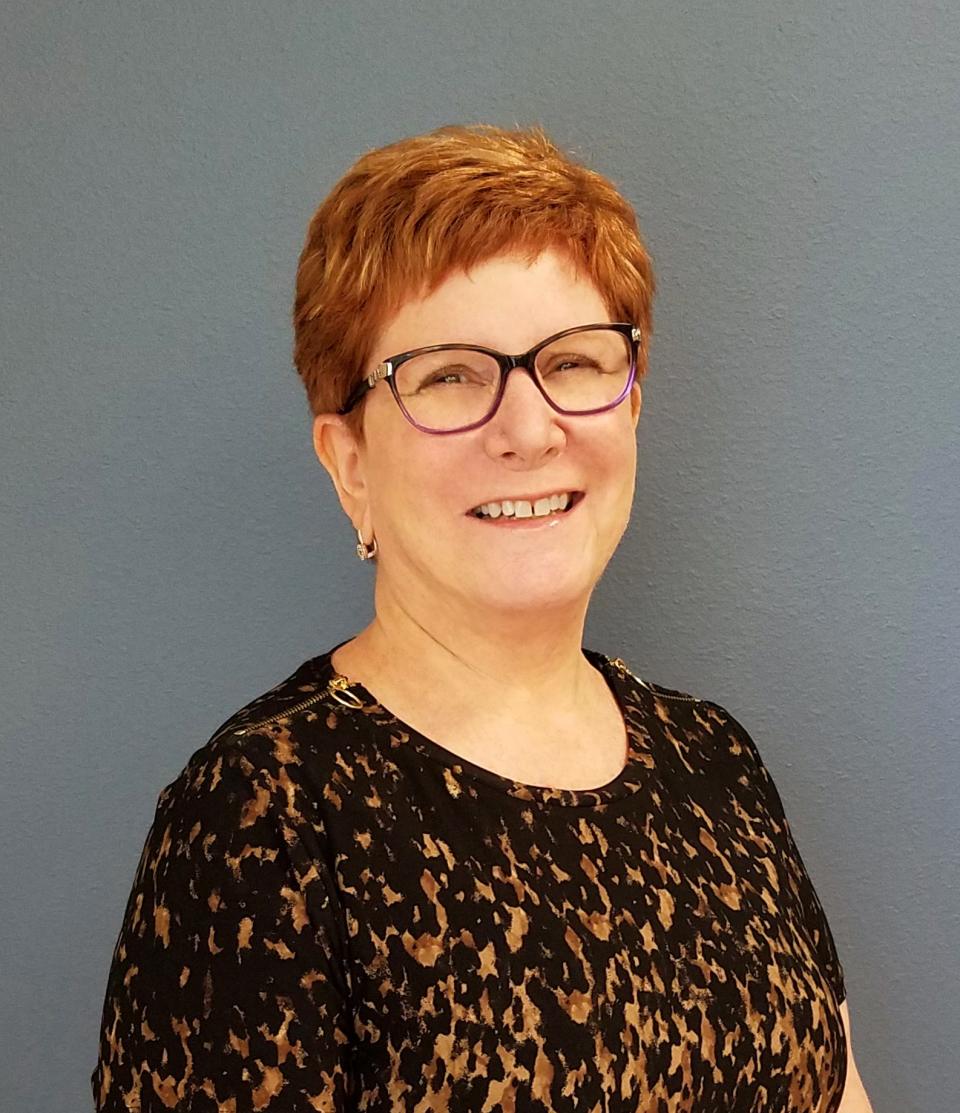One Senior Place: It's a smart idea to arrange your advanced directives sooner than later

Support local journalism. A digital subscription is incredibly affordable and makes you the most informed person around. Click here and subscribe today.
Q: I have never done an advance directive. Where do I start?
A: That is a very timely question, because April 16 is National Healthcare Decisions Day.
The day was set aside in 2008 through the efforts of Nathan Kottkamp, a health care lawyer in Virginia.
Kottkamp wanted to make clear, concise and consistent information on healthcare decision-making available — through the widespread use of simple, free and uniform tools to guide the process.
I have had numerous frantic phone calls and in-person consultations with people whose loved ones lacked advance directives.
Sadly, preparation at this stage is too late — if the person needing the documents is no longer able to make their own healthcare decisions.
At that point, a guardianship is needed, which can cost anywhere from $10,000 and up.
Guardianship is a legal matter, whereby an individual relinquishes all rights to self-determination, because they can no longer make sound decisions about themselves or their property.
Previous three One Senior Place columns:
Know the difference: How is a nurse practitioner different from a doctor?
Also, know this difference: Skilled nursing facility, long-term care facility different types of care
Thinking ahead: Important preparations seniors need to make as they look to the future

So, how do you start the advance directive process?
In my opinion, the best way to prepare these documents is by sitting down with an elder law attorney and explaining your wishes for end-of-life or critical care.
Completing these documents when you are healthy is much easier than waiting until something happens to you.
A "living will" speaks for you, indicating your choices for health care when you are not able to speak for yourself.
It helps when hard decisions have to be made, as your family and doctors will know exactly what treatments you do and don't want.
A durable power of attorney is a legal document that gives someone the power to carry out your medical wishes.
The "agent" you choose can be anyone over 18 who knows you well, understands what choices you’d make, and will make sure your wishes are carried out.
The Five Wishes is a do-it-yourself alternative, for completion at home. It works to guide important family conversations and culminates in a document that is legal in the state of Florida.
Whatever route you choose, ensure the person making your health care decisions will base them on your wishes. After all, you are trusting them with your life — when you are unable to speak for yourself!
Call me with your questions about Advance Directives. I love to talk, remember?
And if you would like to pick up a copy of the Five Wishes (and learn how to broach this important subject with your loved ones), join me for a Five Wishes workshop at One Senior Place in Viera on April 19th at 1 PM.
One Senior Place is a marketplace for resources and provider of information, advice, care and on-site services for seniors and their families. Questions for this column are answered by professionals in nursing, social work, care management and in-home care. Send questions to askOSP@OneSeniorPlace.com, call 321-751-6771 or visit The Experts in Aging at OneSeniorPlace.com.
Barbara Fradkin is a Social Worker, Certified Care Manager and the Director of One Senior Place, Viera.
This article originally appeared on Florida Today: Here's how to prepare your advanced directives; do it sooner than later

